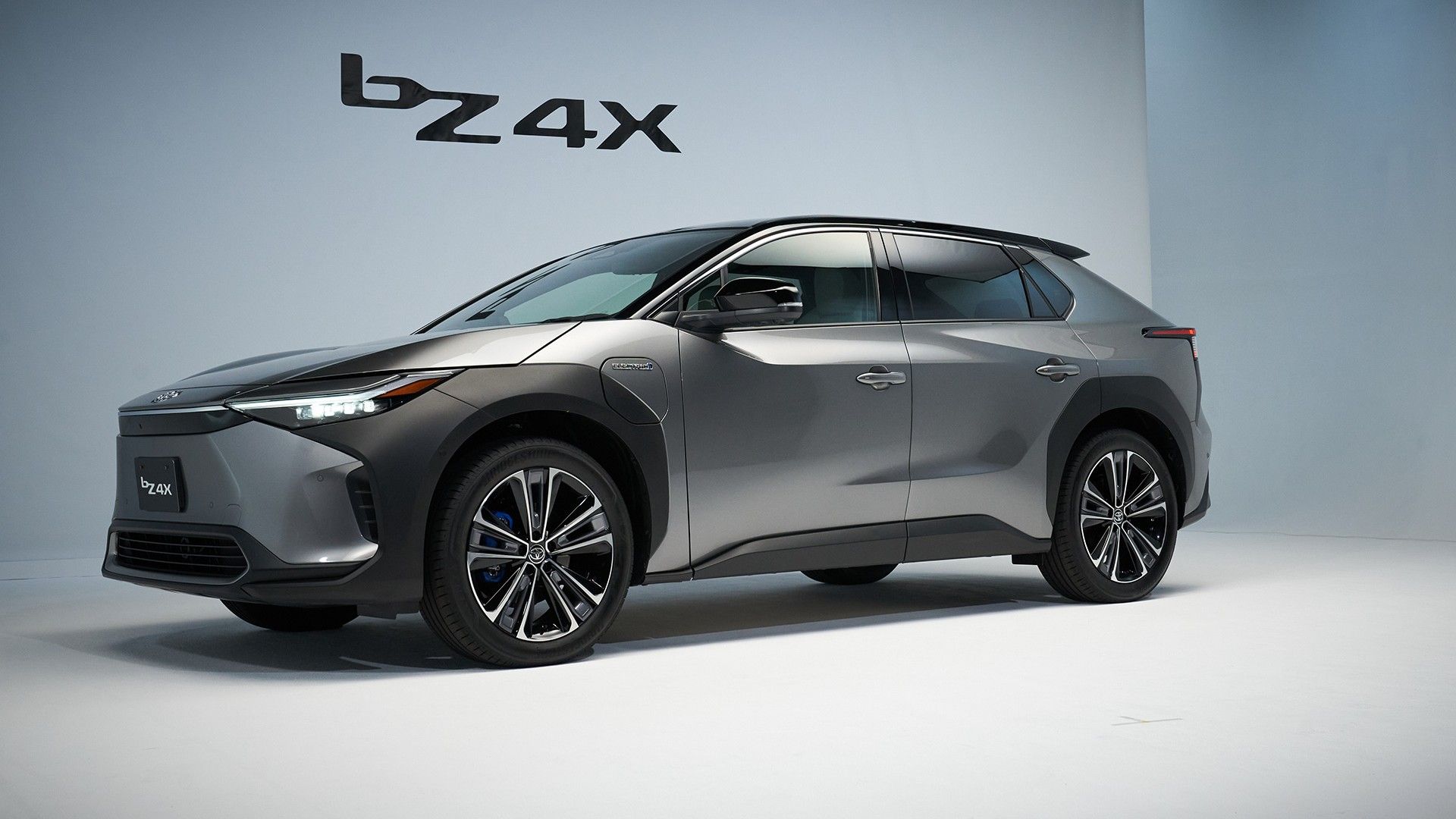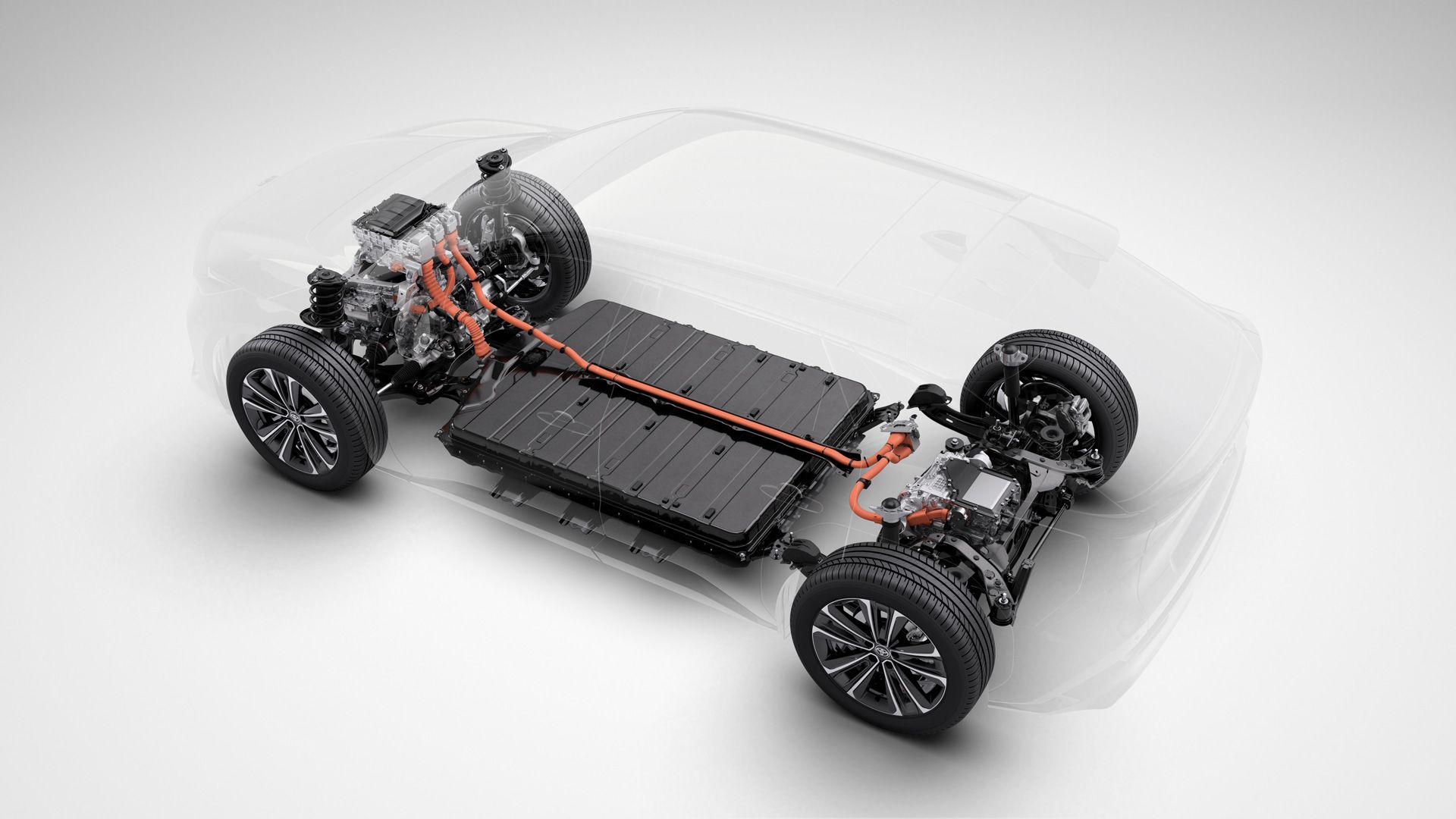It’s been at least 13 years since Toyota first announced it was pursuing solid-state EV batteries. The ensuing decade has seen the company issue a steady stream of press releases promising that this “wonder-battery” was definitely in development. However, all these extravagant promises have come with very little physical proof that Toyota had done anything in its R&D facilities besides putting out more hydrogen fuel cell developments.
Toyota did not help its own PR when it promised to bring a prototype solid-state battery to the 2020 Tokyo Olympics and then failed to appear. (To make things look even worse, the Olympics were rescheduled to 2021, which gave Toyota an extra year in which it came up with nothing.)
However, Toyota has been relatively consistent in predicting that its first mass-produced solid-state batteries would leave the factory in the latter half of the 2020s. In recent years, Toyota has claimed that it will have solid-state batteries on the road in 2027. As the expected date nears, Toyota is getting tantalizingly closer to living up to its own promises.


Why We Can’t Wait For Toyota’s 745-mile Solid-state Batteries To Arrive
Toyota’s solid-state battery is in the works, and here’s why we can’t wait for it to be plonked into a production-spec model.
In order to give you the most up-to-date and accurate information possible, the data used to compile this article was sourced from various manufacturer websites and other authoritative sources, including Car and Driver, TopGear, and MotorTrend.
Toyota’s Solid-State Batteries Will Get Up To 745 Miles
You’ll Be Able To Fast-charge Them In 10 Minutes
Toyota claims its solid-state batteries (or SSBs) will allow its EVs to get up to 745 miles per charge. This is a longer range than most ICE vehicles. Perhaps more impressive than the long driving range is the short charging time. Toyota’s solid-state battery can charge in 10 minutes or less. That brings the time required to recharge a car almost down to the level of refilling a gas tank.
The Problem With Fast-Charging
While most batteries can be fast-charged at least a few times, sending in massive surges of energy is very harsh on them. (This is why the “trickle charger” found in so many people’s garages is so maddeningly slow.) If someone routinely fast-charges a battery, its internal structures tend to break down after a disappointingly short while.
This is especially true if one repeatedly lets the battery get completely drained before recharging it. The first sign a battery is reaching the end of its life is when it simply doesn’t hold a charge as well as it used to. If a battery continues to get drained and recharged at the end of its useful life, it can become dangerous.
Toyota’s Batteries Will Have Long Lifespans
With the reduced battery life in mind, it is impressive that Toyota is willing to promote fast-charging batteries in its future solid-state EVs. Toyota’s biggest asset is its reputation for making cars that never die. The company is literally staking its entire reputation on its claims that its upcoming long-range solid-state batteries can be fast-charged repeatedly before they finally wear out.

How Toyota’s 745-mile Solid-State Batteries Differ From Lithium-ion Batteries
Toyota was late to the EV game, but it looks like with the introduction of solid-state batteries, it may become the new leader.
Toyota’s Ambitious EV Plans
It’s easy to doubt that Toyota is serious about EVs. After all, its only present-day electric offering is the bZ4X, a competent and forgettable paint-by-numbers family SUV. However, the company has big electric plans, and even bigger “electrified” plans. For the uninitiated, Toyota uses the phrase “electrified vehicle” as a catch-all term for hybrids, hydrogen fuel-cell vehicles, battery-electric vehicles, and anything else that has an electric motor somewhere in the drivetrain.
Toyota’s Ongoing Research With Panasonic
Toyota has a long collaborative history with Panasonic’s battery subdivision. As early as 2010, the two companies co-developed the batteries that went into the Prius plug-in hybrid. The two companies have amassed over 1,000 joint-credit battery-related patents.













